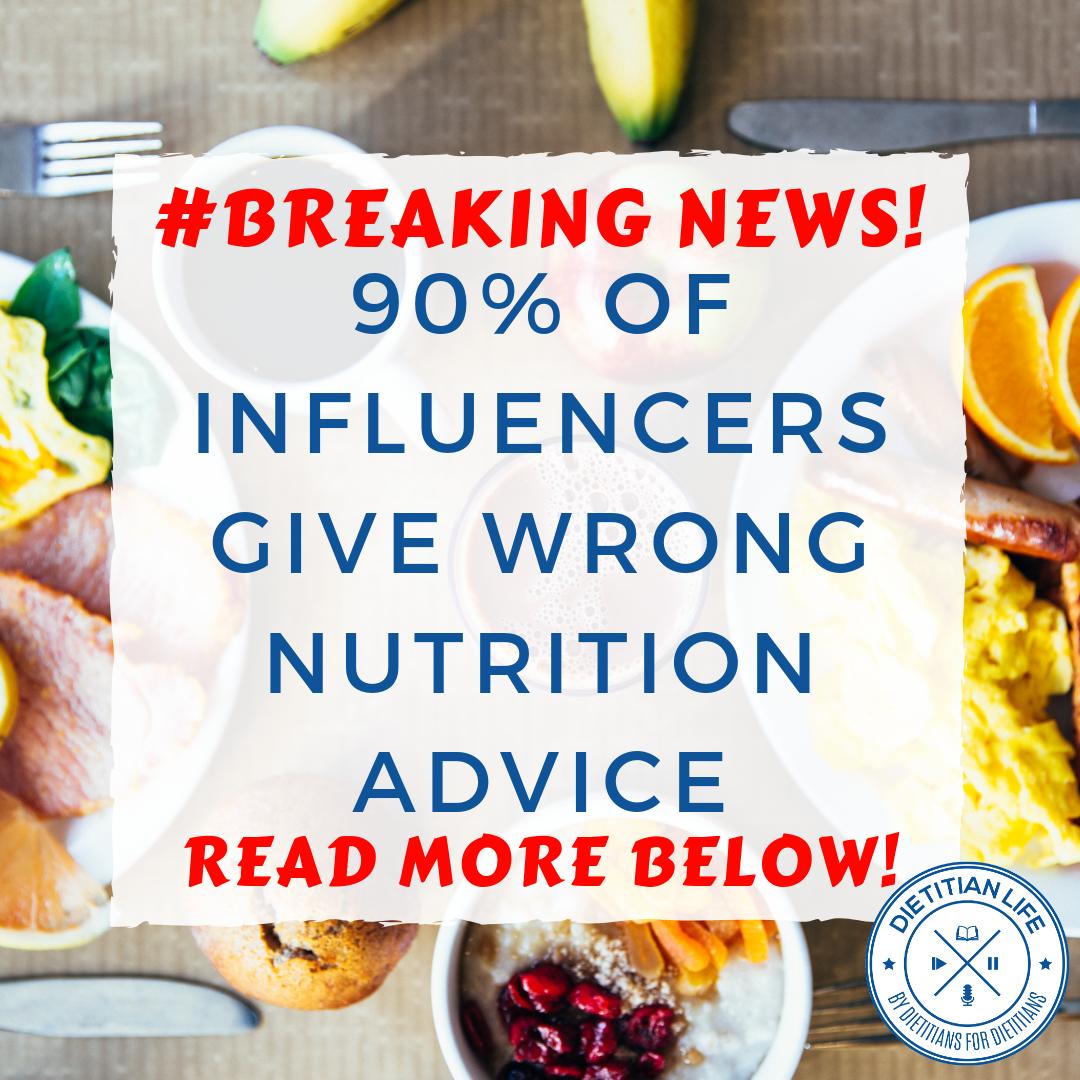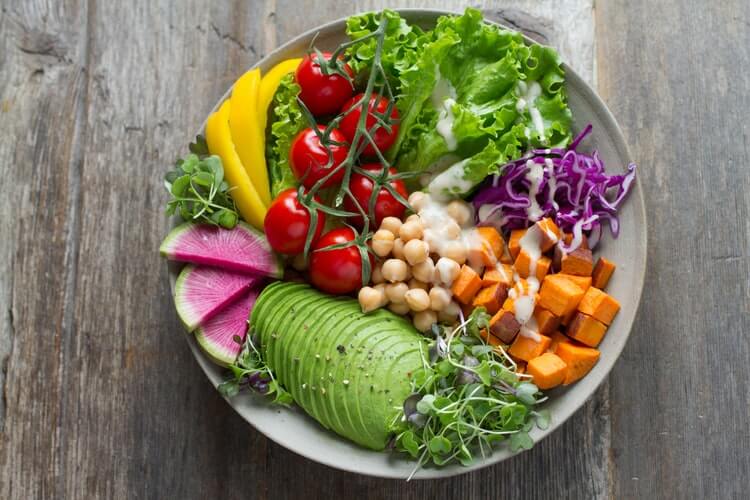
Healthy eating habits include getting enough vitamin C, antioxidants, fibre, and protein. Whole grains are rich in many B vitamins, minerals and have shown promising results in lowering cholesterol and protecting against diabetes and heart disease. Yogurt is also a good source of calcium and protein, and it contains live cultures and probiotics, which protect the body from harmful bacteria. Yogurt is great for boosting vitamin intake.
Because of their high omega-3 oil content, walnuts are a great food for your health. They are good for your heart health and can help you recover from exercise. Peanuts are another excellent choice. A recent US study found that peanuts can be eaten daily at 90 grams. This reduces blood fat by up 25% and does not increase weight. Nuts are great for snacking or adding to salads or cereals. However, try to avoid unsalted nuts, which may encourage overeating.

Bananas are a great food for your health. They're easily found and can be taken anywhere. They are also cheap and provide most of the vitamins you require. Bananas can also be added to any other meal. Even a slice can be added to your morning coffee. Bananas pair well with most foods. This is the best option of both worlds. But these are not the only healthy foods. Below are some of our favorites.
Broccoli is another source of vitamin C, folate. It's not surprising that this food is frequently listed as a "superfood". It has a special antioxidant known as sulforaphane that has been shown to fight cancer and stimulate the body's detoxification enzymes. Broccoli is great for health. It's also high in energy and rich in fiber.
One of the best foods for health is yogurt. Yogurt can be made from milk fermented with live bacteria. Aside from yogurt, it is also rich in healthy fats. Extra-virgin oil, which contains monounsaturated fats that are good for your heart health, is one of the best vegetable oils. Coconut oil, on the other hand, contains saturated fat but also has health benefits.

Vegetables can be a great source of dietary and vitamin fiber. For instance, legumes are rich in amino acids which make it easier to feel fuller longer. They can also be used as meat substitutes. Green vegetables are considered the best food for health. A person should eat five to seven portions of them per week. A healthy diet should contain a variety different fruits and vegetables. A variety of fruits, vegetables and legumes is the best food for your health.
FAQ
What does butter do?
Butter is one of many good sources of saturated fats. This type of fat helps to build stronger bones, healthy skin, and hair.
Vitamin K is also found in butter, which helps prevent bleeding from cuts or bruises. Vitamin K and vitamin B work together to prevent any bruising.
Butter is also rich in minerals, including calcium, phosphorous, and potassium. These minerals promote stronger bones, teeth, and teeth.
Butter is not without its flaws. Butter contains high levels of cholesterol. Some studies show that consuming too much cholesterol may increase the risk of developing cardiovascular disease.
Also, butter is high in saturated fat, contributing to obesity and increased cholesterol levels.
You can spread butter on bread if you are forced to use it. Bread absorbs oil more than pasta or potatoes.
What does milk do?
When you next buy milk, think of other uses. It may be a good idea to reduce your coffee intake.
The benefits of milk have been demonstrated to be both beneficial to children and adults. Milk is rich in nutrients for children, including vitamin D and calcium.
It also aids digestion, improves bone strength, and promotes weight gain. Milk products can help adults have better immunity systems and less illness.
People who have difficulty digesting milk are also likely to be able to enjoy its many benefits, even if they do not have stomach problems.
Instead of drinking soda or juice, drink more milk. Drinking milk with more calcium and vitamin A can help to strengthen your teeth.
If you don’t like milk's taste, you can make your yogurt with plain low fat milk. Yogurt is a great alternative to milk since it is lower in calories and higher in protein.
Yogurt also contains probiotics, which aid in digestion and improve immunity.
If you're having trouble sleeping, try taking a glass of warm milk before bedtime. Warm milk relaxes muscles and increases serotonin levels, helping you get a good night's rest.
Is Yoga Beneficial?
Yoga has been around for thousands of years and is now very popular. Yoga is now very fashionable among celebrities and everyday people who want to look and feel good.
Yoga is great for strengthening and stretching your muscles. Yoga can also help calm your mind and relax you.
Yoga and other forms exercise differ in that yoga is focused on breathing techniques.
Different poses can be practiced to increase flexibility and balance.
Is it possible to drink alcohol while training?
Yes. Alcohol increases energy expenditure, speeds up recovery times, and reduces soreness.
The insulin sensitivity of alcohol is also increased, which makes it easier for glucose to be absorbed.
Alcohol can cause dehydration. This can slow down your metabolism. Alcohol can also lower testosterone production, which could lead to a decrease in muscle-building potential.
This is why women shouldn't have alcoholic drinks before exercising. Women who drink heavily should wait at least 24 hours between drinking and working out.
Breastfeeding women should stay away from alcohol.
Men should limit their intake to one drink per day.
What's the best workout for men over 40?
Older men will find that the best workouts give them more energy as well as improve their stamina.
It is important that you note that people over 40 experience a decrease in testosterone levels, which results in lower sex drive.
However, this doesn't mean you cannot still enjoy physical activity. Studies have shown that some men can get more testosterone from regular aerobic exercise.
So, if you want to improve your sexual performance, you can start with an aerobics routine.
Statistics
- Are You One of the 20% of Guys (mh.co.za)
- 10 pounds in a month is likely during a lean bulking phase, especially for beginners. (muscleandstrength.com)
- Cardmembers earn 5% Back at Amazon.com with a Prime Credit Card. (amazon.com)
- Candidates and applicants must pass all four tests at 70% (minimum level) to graduate from Basic Deputy U.S. Marshal (BDUSM) Training. (usmarshals.gov)
- The PRS enabled risk stratification for overall prostate cancer and lethal disease with a four-fold difference between men in the highest and lowest quartiles (HR, 4.32; 95% confidence interval [CI], 3.16-5.89). (pubmed.ncbi.nlm.nih.gov)
External Links
How To
How can I burn fat and exercise?
Exercise reduces calories by increasing metabolism, and oxygen consumption.
Exercise at a moderate intensity to safely lose weight.
These are some tips to help you lose fat while working out:
-
Cardio exercises like walking, running (or jogging), swimming, cycling, running, and/or elliptical training are all good options.
-
Exercise for 30 minutes three times per week.
-
If you want to lose more weight, add strength training to your routine.
-
Avoid intense workouts. You can build muscle and not break down muscle tissue.
-
During exercise, drink plenty of water. Water is essential for flushing out toxins and keeping your body hydrated.
-
After working out, drink low-fat protein shakes. Protein shakes help repair muscles and boosts energy.
-
Eat smaller meals throughout the day, so you don't feel hungry between meals.
-
Don't skip breakfast! Skipping breakfast can leave you feeling tired and sluggish.
-
Take care of yourself mentally. Stressful situations can slow down metabolism.
-
Keep a positive attitude. Studies show that overweight people are more likely to be obese than those who perceive themselves as attractive.
-
Get enough rest. You will have a harder time losing weight if you do not get enough sleep.
-
Keep active. Be sure to get up and move around every hour or two.
-
Maintain a healthy diet. You will feel fuller longer if you eat right.
-
Find relaxation methods. Relaxing doesn't mean your body releases stress hormones which cause muscle tissue to be destroyed.
A balanced diet will provide all nutrients that are necessary for growth.
Consider eating six small meals daily instead of three big ones. This gives your body more time to digest the food you eat.
Calcium is required to support strong bones. Calcium can be found as a dairy product such as milk, yogurt and fortified soy drinks, orange juices, cereals, breads, and cereals.
Calcium is found in green leafy vegetables, beans, tofu, seeds, nuts, and cheese.
Vitamin D is required for calcium absorption. Vitamin D can be found in egg yolk, fatty fish, and other fortified foods.
Vitamin E is vital for your skin's health. Vitamin E can also be found in vegetable oil, wheat germ oils, peanuts as well almonds, sunflower seeds and corn.
Your body requires zinc for normal immune function and wound healing. Zinc is found in oysters, legumes, meats, whole grains, and seafood.
Zinc deficiency can cause fatigue, loss of appetite, depression, and impaired immunity.
Insulin resistance is caused by eating too much sugar, which can increase blood glucose levels. Insulin resistance can lead to weight gain.
Insulin resistance is caused by high blood levels of free-radicals. Free radicals are molecules with unpaired electrons that damage cell membranes and other parts of the body.
Most free radicals come from pesticides herbicides, food additives, preservatives smoking, radiation, chemical in cosmetics, lotions and household cleaning supplies.
Free radicals can lead to cancer and heart disease, diabetes mellitus, arthritis, asthma, and premature aging.
Antioxidants are essential for preventing free radical damage. Antioxidants protect against oxidative damage.
Vitamin C (found on citrus fruits), Beta carotene, found in carrots and sweet potatoes, spinach and broccoli, cantaloupe (found in tomatoes, mangoes and peppers), and Vitamin E (found nuts, olive oil and avocados).
Other antioxidant nutrients include selenium, copper, manganese, and zinc.
Selenium protects cells from free radical damage. Selenium is also found in Brazil nuts.
Copper protects the brain, eyes, lungs, and red blood cells. Copper can be found in shellfish and poultry as well as meat and organ meats.
Manganese is an essential component of bone structure. Manganese is found in brown rice, spinach, bananas, prunes, raisins, oatmeal, and lentils.
Zinc helps with normal growth, reproduction, as well as wound healing. Zn is present in lean cuts of meat and white fish, as well as eggs.